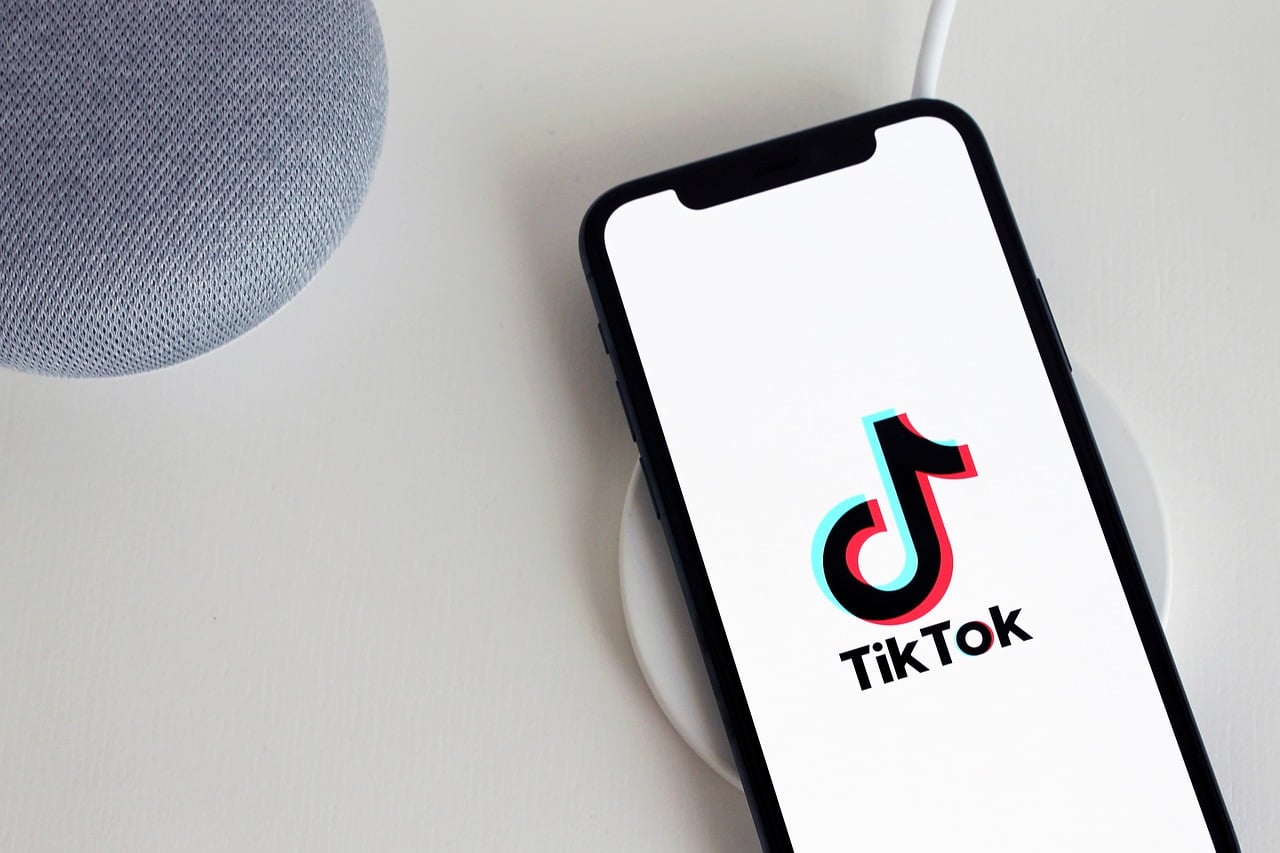TikTok responded on Thursday to U.S. government claims that the popular social media network is not protected by the First Amendment, comparing its platform to significant American media organizations owned by foreign corporations.
Last month, the Justice Department argued in a legal brief filed in a Washington federal appeals court that neither TikTok’s China-based parent company, ByteDance, nor the platform’s global and U.S. arms, TikTok Ltd. and TikTok Inc., are entitled to First Amendment protections because they are “foreign organisations operating abroad” or owned by one.
TikTok Compares Itself To Foreign-Owned American News Outlets As It Fights Forced Sale Or Ban
TikTok’s attorneys have made the First Amendment a central component of their legal appeal to the government regulation mandating ByteDance to sell TikTok to an approved buyer or face a ban.
On Thursday, they claimed in court that TikTok’s U.S. arm did not lose its constitutional rights because a foreign business owned it. They noted parallels between TikTok and well-known news outlets like Politico and Business Insider, owned by German publisher Axel Springer SE. They also referred to Fortune, a business magazine Thai millionaire Chatchaval Jiaravanon owned.
“Surely the American companies that publish Politico, Fortune, and Business Insider do not lose First Amendment protection because they have foreign ownership,” the TikTok lawyers wrote, arguing that “no precedent” supports “the government’s dramatic rewriting of what counts as protected speech.”
In a redacted court filing last month, the Justice Department argued that ByteDance and TikTok’s challenge to the statute did not establish genuine free expression arguments and that the measure addresses national security concerns about TikTok’s ownership without attacking protected speech.
The Biden administration and TikTok had held negotiations in recent years to address the government’s concerns. However, the two sides were unable to agree.
TikTok claimed that the government walked away from the bargaining table after providing a 90-page agreement outlining how the firm planned to address concerns about the app while preserving relations with ByteDance.
However, the Justice Department stated that TikTok’s approach “failed to create sufficient separation between the company’s U.S. operations and China” and did not fully address some of the government’s concerns.
TikTok Compares Itself To Foreign-Owned American News Outlets As It Fights Forced Sale Or Ban
The government cited data transfers between TikTok staff and ByteDance engineers in China as evidence that the proposal, known as Project Texas, was insufficient to address national security concerns. Federal officials have also said that TikTok’s size and reach would have made it impossible to effectively police compliance with the proposal.
TikTok attorneys stated Thursday that some of the government’s concerns about the arrangement were not voiced during the negotiations.
Separately, on Thursday evening, the DOJ asked the court to submit evidence under secrecy, stating in a petition that the case involved “Top Secret” material. TikTok has been rejecting these requests.
Oral arguments in the case are set to commence on September 16.
SOURCE | AP









